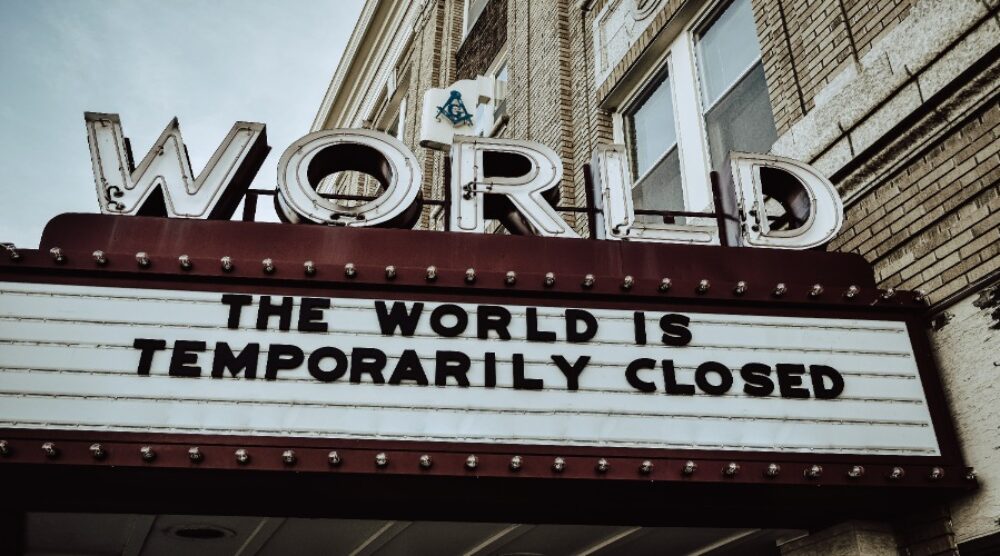Covid-19 exposes a power vacuum where exceptionalism and tinfoil hat conspiracy theories go hand in hand.
In 1973 Charles Kindleberger wrote his now acclaimed book on the Great Depression. He argued that it was “great” because the global economic system had lost its hegemon – in less exotic terms, its system manager. In the interwar period, the UK was the system manager, but given the grievous financial damage inflicted by the First World War, it could not fully play the role. The US became the new pretender, yet domestic politics meant it would not step up and take control. The upshot was that there was no one running the system, no banker of last resort to provide liquidity at the moment the world needed it most. The depression became “Great”. Chaos ruled.
For want of a better term, this could be where we are now, at the Kindleberger moment. Charles Krauthammer at the end of the Cold War famously wrote of the unipolar moment, when America stood like a colossus on the world stage. Today’s Kindleberger moment may be when America forfeits that role and becomes a lesser state, observing the world around it, rather than leading it.
Domestically, the Trump administration appears to have handled the Covid-19 pandemic poorly. In an environment of limitless confusion, the president seems to have ceded control, allowing the 50 states to take the lead individually amid a national emergency that has claimed 50,000 American lives in less than six weeks. Reflecting this leadership withdrawal, two new regional governance blocs have emerged: the West Coast Pact comprising California, Oregon and Washington State, and the Multi-State Council comprising Massachusetts, Connecticut, New York, New Jersey, Pennsylvania, Delaware, and Rhode Island. The Trump administration’s dismantling of the “deep state” appears to have been successful. Turns out, it was more shallow and fragile than expected. The federal government is now fading from view.
Please click here to read the full “Is this the Kindleberger moment?” analysis published at The Interpreter, written by Griffith Asia Institute visiting fellow, Dr Peter Layton.








